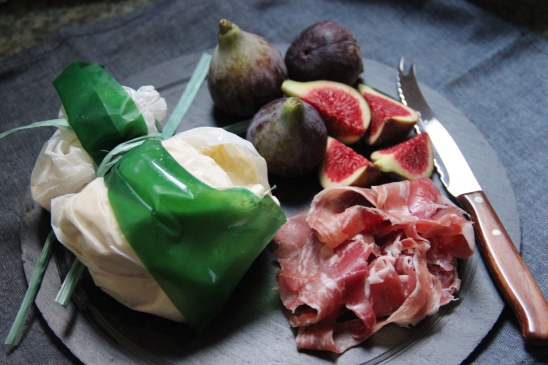Encara.
Encara as in still. As in not yet.
Encara as in no.
The light creases in geometric angles across the building. It moves slowly with the hours, a sundial of sorts that tells me it is not yet my turn. The comisaría is full of other immigrants waiting for their chance to register for their national identity card. There are not enough chairs, so we sit on the ground. No one talks. We watch the red numbers click over, the sharp lines of light move across the building. We study our hands, our feet. We close our eyes and tilt our faces to the sun. The air is filled with the sharp silence of expectation.
Encara, I wait.
I am two years into a process to renew my identity card that has been marked by meetings, appointments, documents–paper after paper–and the inevitable no. I am always waiting.
At least today I wait outside, under a warm Spanish sun that takes the edge off of the imposing structure of the Comisaría de Policía Nacional, an unlikely marriage of blue tile and white cement. In another world, it would be almost pretty. Here, the weather is still warm, an Indian summer to make up for all the days of rain when the sky soaked the earth, stole the platja, tamped the dust, and made the world fervently green, for a moment.
When I am finally called inside, I am tense with expectation, of what I know will happen, what always happens. Two seconds, a shake of the head, and it is over. I am refused. Again. I come easily undone. There are tears, quiet gulping sobs, a chair pushed back, whispered negotiation, a line on the forehead softened, if only for a second. There is nothing she can do. She pauses for a moment. Puedes regresar el martes? I nod my head. Si. Never say no. Come back on Tuesday she tells me. She bends over and hurriedly scribbles a date and time on the piece of paper I have brought her, stamps it in official blue ink and passes it over to me. It is a second chance. She pulls it away again. Si quieres, puedes pasar por aqui a las 13:45. She writes the new time below it, giving me an extra hour, when I can return to see her. It is a small circumvention, but one I savor. It is a victory. I leave, head bowed, conscious of my tears, of the sound of my quick breath breaking the stillness, of my easy defeat.
It is maddening this process, this puzzle of bureaucracy, of lost communications and contradictions, of one way–the only way–of two languages, both of which say no. I feel helpless. I can do nothing for myself, so I lose myself in language instead, in a place where there are rules that make sense, an intricate syntax of delineated boundaries, clarity in self-expression. I find gratification in a lesson learned, and each one feels like a step forward, feels like belonging in a world still just barely known.
In English, the meaning of encara–still–holds two meanings inside of it, another intention. It has a sense of stillness built into it, a pause. A breath taken and held. There is silence but also possibility. I want that for myself.
Back at home, the seagulls scream constantly now that it is finally grey, the sound echoing off the walls of the inner courtyard as they chase each other in agitated circles around and around, untiring. Eventually they disappear, and only the sound of traffic cuts through.
I want something that comes in a pretty package. I want something made by hand. I want something made with intention, something far from the irregularities of Spanish law, the arbitrary and redundant rules, far from the ubiquitous no. Something neatly wrapped, easily unwrapped, something mine. Here, I belong to a world that is not mine, where I feel half American, where I am still half citizen, where I am still half whole.
Burrata with Figs and Pancetta
